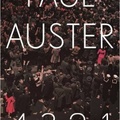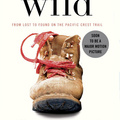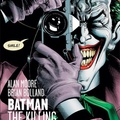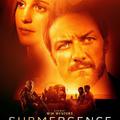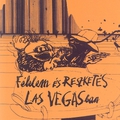Zadie Smith: On Beauty
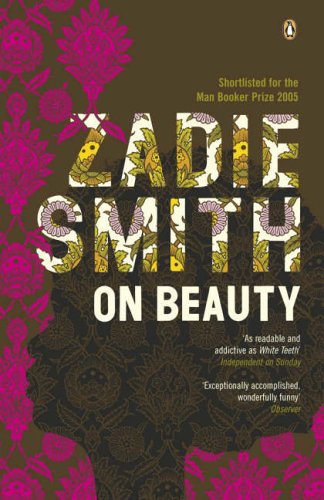 I read Zadie Smith’s first novel, White Teeth several years ago (I might even have read it twice, I don’t remember now), and I liked that book so I thought I might as well read something else by her as well. On Beauty is Smith’s third novel, and it’s also worth reading.
I read Zadie Smith’s first novel, White Teeth several years ago (I might even have read it twice, I don’t remember now), and I liked that book so I thought I might as well read something else by her as well. On Beauty is Smith’s third novel, and it’s also worth reading.
The story revolves around the Belsey and the Kipps families. The heads of both families are university men, only one of them is liberal, irreligious and has a hell of a time finishing his great academic project, while the other is conservative, religious and massively successful in his job. There’s a Montague v. Capulet kind of war raging between the two men (so it’s no wonder that one the warring academics is called Sir Montague Kipps) but as it usually happens, the other family members don’t exactly care about this intellectual warfare – they freely mix with each other and strike up all kinds of romantic, sexual and friendly relationships with one another.
The story isn’t all about university life and its intricacies, it also deals with the lives of the two families in general. The novel features everything which happens in life: deteriorating relationships between parents and children, and husbands and wives; cheating on spouses; forgiveness and disenchantment; teenage/young adult quests for identity (e.g. the youngest child in the half-white, half-black Belsey family, Levi tries to create his black identity by telling everyone that he lives in one of the Boston ghettos, instead of the nice and safe suburb); romantic passion and heartsickness; and so on.
The good thing in Zadie Smith is that she dares to be irregular in a lifelike way. She doesn’t try to resolve all the conflicts, she leaves several questions open and at the end of the novel she doesn’t make you feel that everything’s going to be alright, but she doesn’t suggest that everything’s going to be hellish from now on, either. Some things may yet take a turn for the worse, while other things may take a turn for the better. The story could go on forever – this novel is like the life of the families Smith writes about: you only witness a circa two-year period of their life, however, the end of the story strongly makes you feel that their life will definitely go on.
Besides being lifelike, On Beauty is a very literary novel as well. The story is full of references and allusions to works from the fields of literature and visual arts, and fortunately most of these are a lot more oblique than the allusion to Romeo and Juliet – so the novel has a lot to offer to hidden reference-maniacs like me.
So, On Beauty is a good novel, but unfortunately I messed it up for myself a bit because I read it more or less in parallel with the short stories of the Hungarian author, Hajnóczy Péter. Hajnóczy’s reality and the lifelike quality of his stories is so immediate and powerful that, compared to him, the reality of Zadie Smith often seemed shallow, flippant and weightless, so sometimes I got to wonder why I even bother with a bunch of academics and their families whose most serious problems seem to be a joke after any Hajnóczy short story. Of course it’s only my private problem that sometimes I read more than one book at the same time, and it can happen that two books have a bad effect on each other. This is what happened now. So I wouldn’t advise you to read Zadie Smith and Hajnóczy Péter at the same time – but in any other case I highly recommend On Beauty, because it’s a good book and anyway, just the uncanny beauty of the last couple of pages makes it worth while to read the preceding 400 pages.

